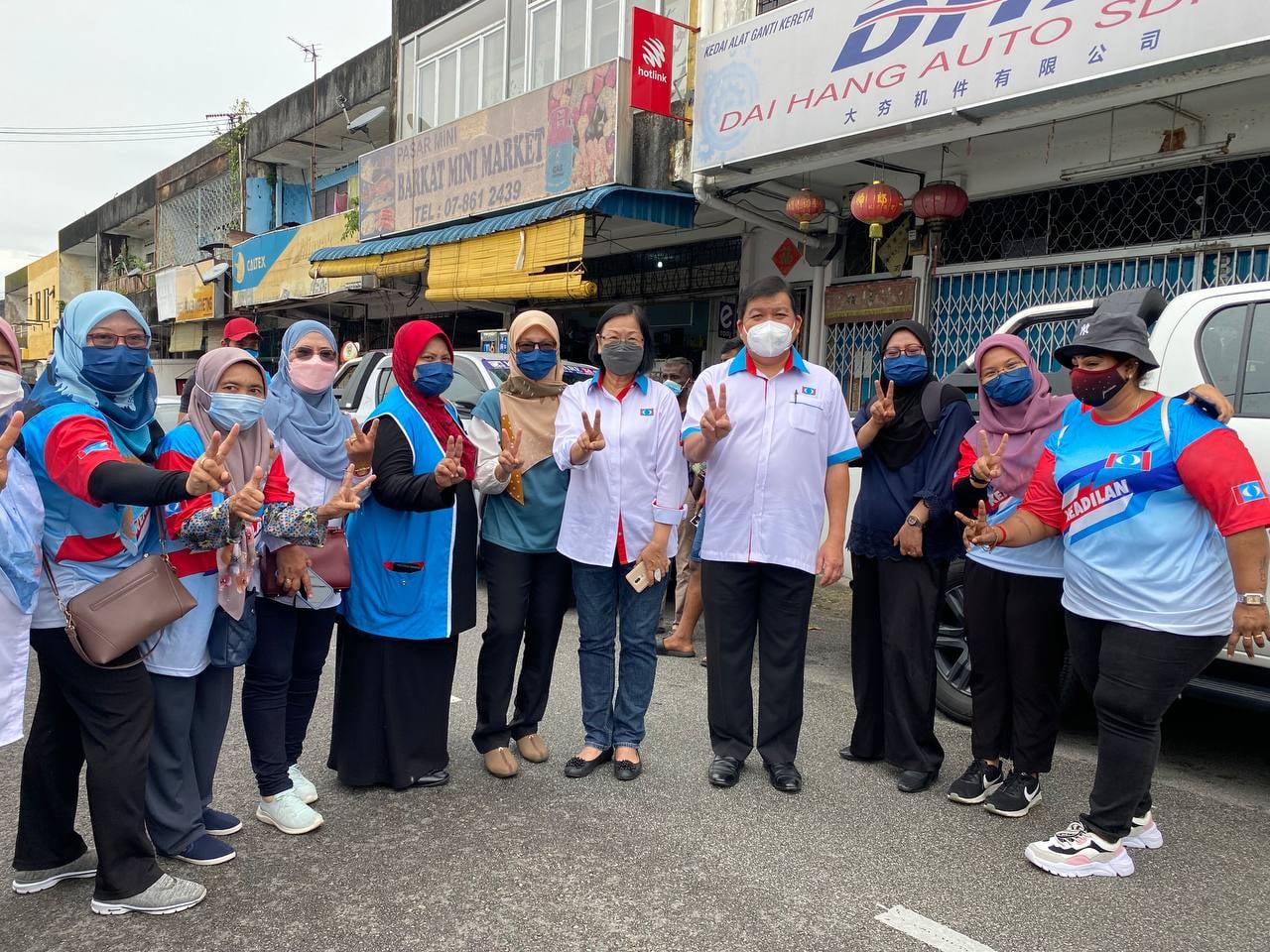The theme for this year’s International Women’s Day is #BreakTheBias. The Malaysian government has incorporated the sustainable development goals into its 12th Malaysia Plan and SDG 5 on gender equality is one of its main goals.
Indeed, the contribution of women in various sectors in Malaysia can no longer be underestimated.
Malaysian women have time and time again proven to be equally capable (and at some point, even better) in handling and managing crucial tasks and duties when compared to their counterparts.
It is not only timely for biasness to be broken down, but it is a necessity for a nation to grow.
We need to break biasness.
The first bias is that gender equality and non-discrimination must be understood as a necessary step to seek justice and fair treatment for all.
Women and men have differences, and this includes their challenges in life.
For example, a gender-neutral law to grant land titles to all may discriminate against women landowners if they are unable to fill up forms as they cannot read and write.
As a result, that right to own gets passed on to their male kin.
Or when we put pressure on men to “man up” as breadwinners and protectors, but when they face low wages, they will take out their frustrations on their wives and children.
Reframing policies and societal behaviours to recognise these differences will create better opportunities for women and men to have healthier roles and relationships.
The second bias is that our laws that still discriminate against women. A stark example is the non-conferment of citizenship by Malaysian women.
The logic for such a provision is unbelievable. Yet, the government refused to budge to make amendments to our Constitution to empower women with the same right as Malaysian men.
Other biases include not recognising aggravating/qualifying circumstances such as gang rape, rape of a mentally challenged person, or even rape committed by persons of public authority, and many other circumstances.
Not recognising these special circumstances will fail to give comprehensive protection to the victims.
Unilateral conversions, mostly committed by husbands, to another religion and leaving the woman with no legal avenues or protection is no longer a personal matter, but a national responsibility of the government to ensure justice is delivered.
Laws have not also taken care of child marriages, no insurance schemes for pregnancies, wage differentials, and many others. Without fair and just laws, discrimination will continue.
The third bias is societal portrayal of women. The media and right education can play a major role to reframe and empower women to truly reflect their worth.
The sexualisation of women, girls and boys in advertisements, or even in books must stop, as these have turned women into sex objects to be exploited, as housewives and obedient individuals to be dependent on their protectors.
Women have achieved in science, technology, medicine, and many more fields in leaps and bounds, and yet in the domestic space, they are still treated as subservient objects, and if necessary to be beaten into shape when they don’t yield.
The fourth bias is the representation of women in decision-making processes. After the 14th General Election in 2018, the Pakatan Harapan government rolled out numerous plans and initiatives to empower, as well as to strategically place women into crucial positions and roles in society
The fact that Dr Wan Azizah Wan Ismail was chosen as the deputy prime minister is testament to such commitment.
However, the change in the political landscape in 2020 saw the return of the old patriarchal and conservative perspective, where women’s participation in decision-making is not seen as part of the mainstream agenda as before.
This regressive mentality has denied many deserving women, especially younger women, to flourish in their respective fields.
The lack of opportunities for them to break the proverbial glass ceiling and cultivate their potential have also stunted the growth of our country for the past few years.
I strongly urge the government, at the federal and state levels, to lead the way by appointing more deserving female candidates as chairpersons, board members, trustees, CEOs, CFOs, and other important management roles in GLCs, public institutions and agencies.
The 30 per cent women quota is a reasonable and easily achievable target. Political parties too must play their part in promoting more women in politics.
There are many outstanding female leaders out there ready to fill these spots.
At the end of the day, we need structural solutions to deal with societal biasness towards women and men, which include strengthening our laws to deal with discrimination, having strong and brave institutions to promote and protect gender equality and non-discrimination, and having constant and systemic education to change mindsets.
I am committed to implementing change for the betterment of our society, and there is nothing more apt than to spearhead gender equality and non-discrimination, in order to change how we view and value women and men in society.
Maria Chin Abdullah is the Member of Parliament for Petaling Jaya.
- This is the personal opinion of the writer or publication and does not necessarily represent the views of Ova.












